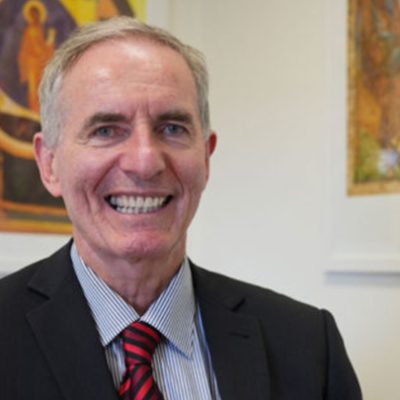
Female educators applying for leadership roles at Australian schools are more likely to encounter personal, social and systematic obstacles than their male peers, new research by Australian Catholic University has found. Source: Herald Sun.
Female educators account for 76 per cent of the Victorian Government’s teaching workforce, but only 44 per cent of executive principals and 56 per cent of principals are women, according to Victorian Academy of Teaching and Leadership chief executive Marcia Devlin.
While there are more female than male principals in Australia, study chief investigator Theresa Dicke said gender bias and discrimination was contributing to a disproportionate representation of female school leaders nationally.
“We know women make up the majority of education professionals yet their ascension to educational leadership roles is disproportionately low, highlighting a significant gap in opportunity, support, and ultimately, representation,” she said.
The research, which was also conducted by ACU academics Paul Kidson, Rebecca Pagano and Marzena Baker, found work-life balance, stereotypes and lack of support were some of the main barriers female educators faced when applying for leadership positions.
One Victorian principal, who spoke on the condition of anonymity, said there were a number of instances where a man was appointed to a leadership position over herself, despite being less qualified.
“In one instance, I was actually told I needed to be ‘less like a girl’ in how I did leadership; the assumption being that taking an empathetic and collaborative approach to leadership was less powerful or impactful,” she said.
Associate Professor Dicke said a transparent promotion process was needed to ensure women and men applying for leadership roles were treated equally.
She also called for better access to professional development, mentorship programs and resilience training workshops to create an empowering landscape for career growth.
FULL STORY
‘Be more like a man’: Female educators face gender barriers and discrimination in leadership race (By Rebecca Borg, Herald Sun)






